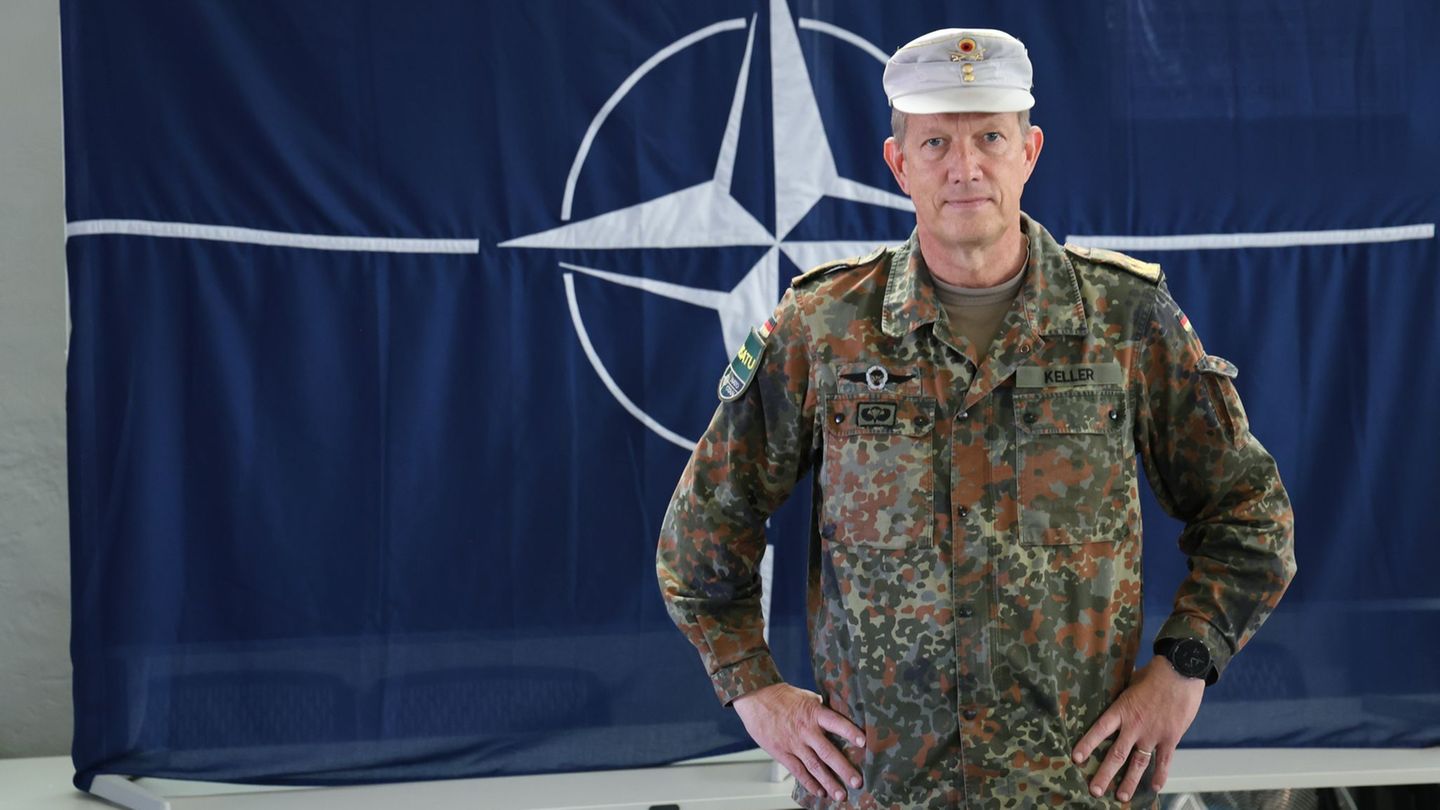Whether digitization, decarbonization or demography – the economy speaks of a “huge structural change” that the future coalition will have to master. And lists a 100-day program.
Shortly before the federal election, employers are calling for a “Future Agenda 2030”.
According to a nine-point plan of the Confederation of German Employers’ Associations, the new federal government must take off after the election in order to secure a business location, growth and prosperity in the long term.
“We now need a policy that turns on the turbo and not a sleeping car policy.” The plan was available to the German Press Agency.
The employers are calling for a state minister for structural change in the Federal Chancellery. The topic of structural change in the German economy must also be given priority in politics. Germany is facing huge challenges. “We don’t have time to stand still,” they say. “We need a courageous future agenda for 2030.” A “huge structural change” is imminent, driven by digitization, decarbonization and demographics.
Claims for the first 100 days
The umbrella association names nine points that the new federal government should tackle in the first 100 days. For example, an “unleashing program” for the economy is called for, with extensive de-bureaucratisation. “The focus should be on planning law that accelerates investment, not preventing it, as well as faster digitization of the administration.”
In a first step, the new federal government must also make a clear commitment to stabilize social security contributions at 40 percent. “Without reform measures, there is a risk of a considerable increase here.” The new government must also completely abolish the solos and reject tax increases. There must be more flexibility in the labor market, for example with instruments such as temporary work – this is described as one of the most important “stepping stones” in employment.
The umbrella association also advocates adapting German working time law to the EU working time directive. “It makes it possible to relate the legally permissible maximum working time not to the day, but to the week.” In addition, opening clauses in collective agreements should be made possible in order to better manage rest periods. This should give employees more flexibility in structuring their everyday work and improve the compatibility of family and work.
Against an increase in the minimum wage
The education system must be modernized sustainably, the targeted immigration of skilled workers simplified. The plan also states that a politically influenced increase in the minimum wage must be ruled out. The negotiations would have to remain with the minimum wage commission made up of social partners. “A competition to outperform the minimum wage damages collective bargaining autonomy.”
The minimum wage is currently EUR 9.60 per hour. It will be increased to EUR 9.82 on January 1, 2022 and to EUR 10.45 on July 1, 2022. The minimum wage commission recommended these levels decided by the federal cabinet. In their election manifestos, the SPD and the Greens are calling for the minimum wage to be raised to 12 euros, while the Left wants 13 euros.
Jane Stock is a technology author, who has written for 24 Hours World. She writes about the latest in technology news and trends, and is always on the lookout for new and innovative ways to improve his audience’s experience.




